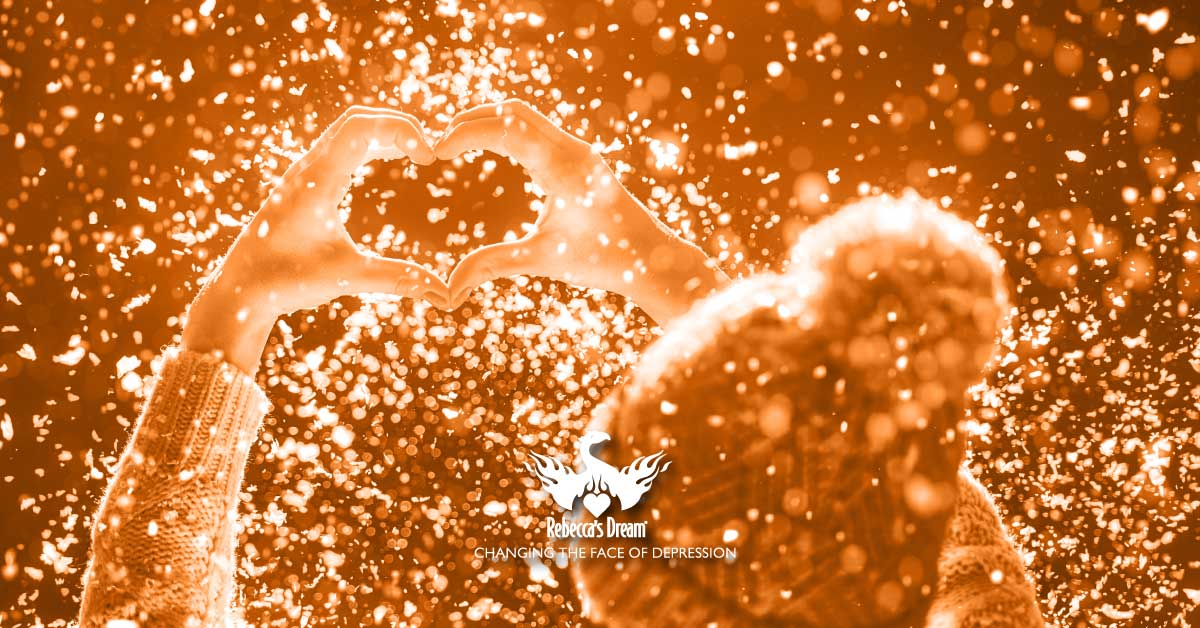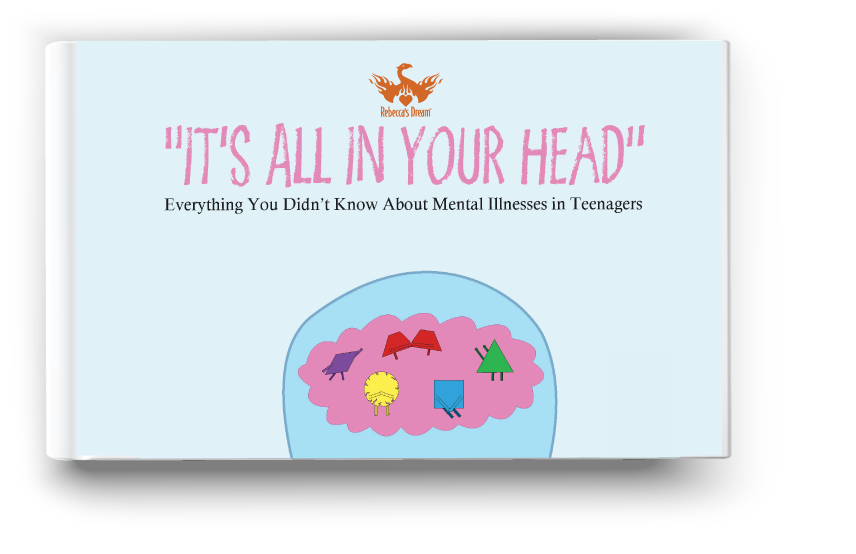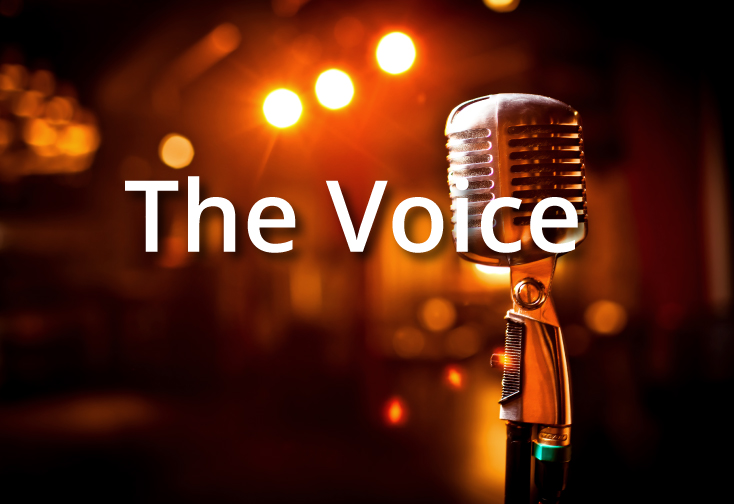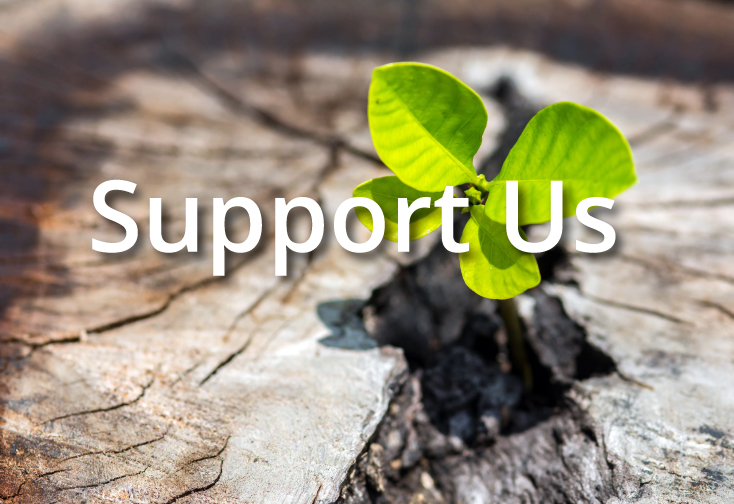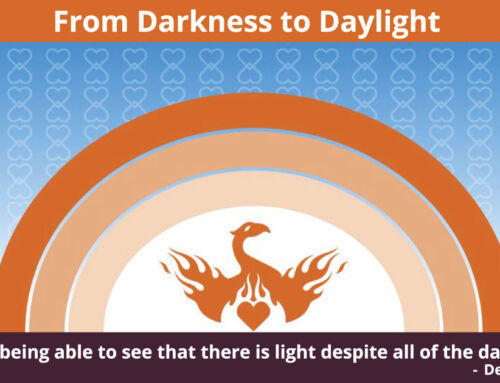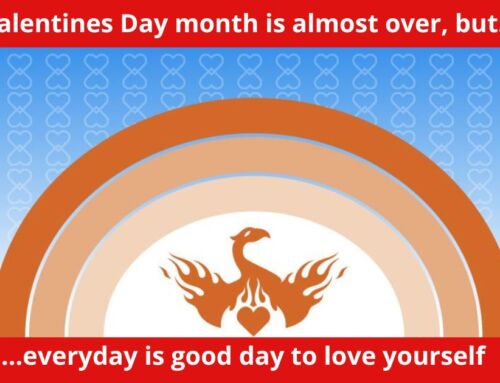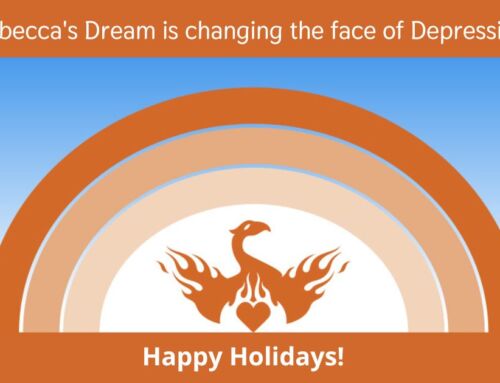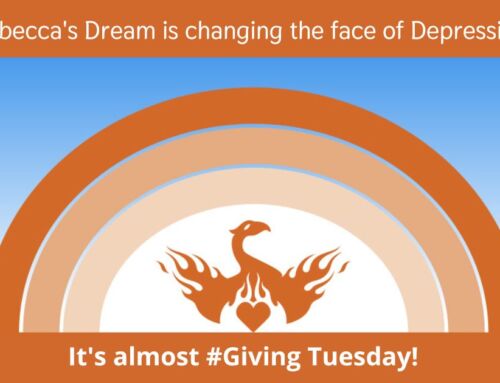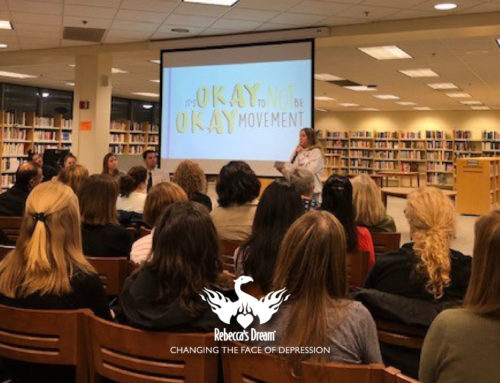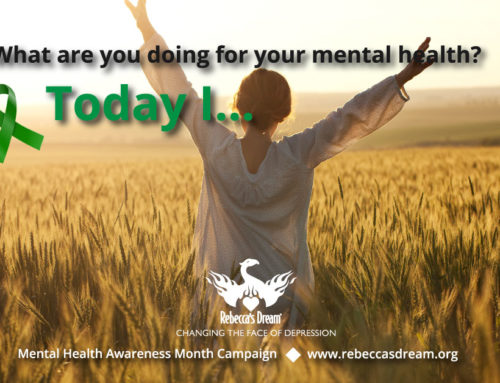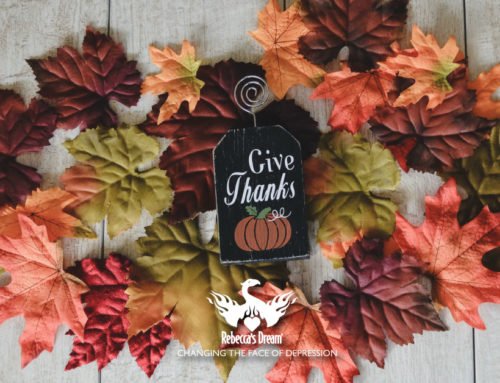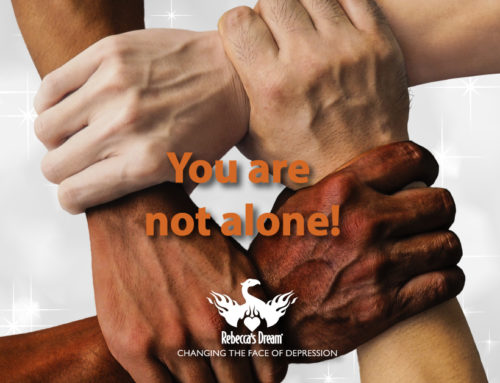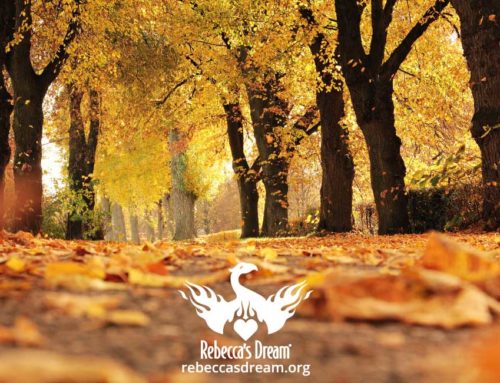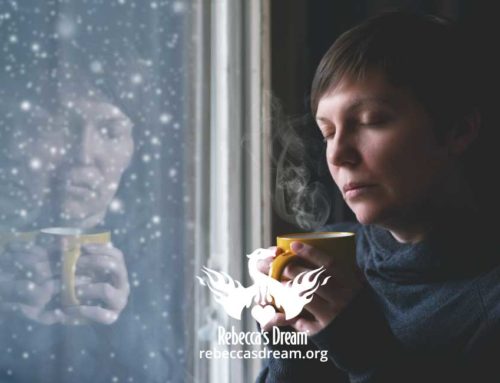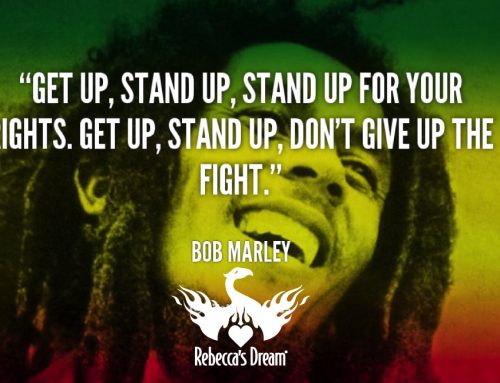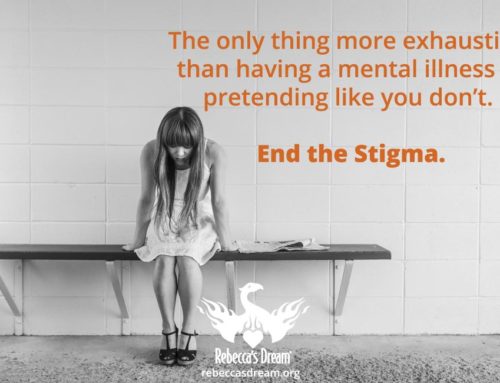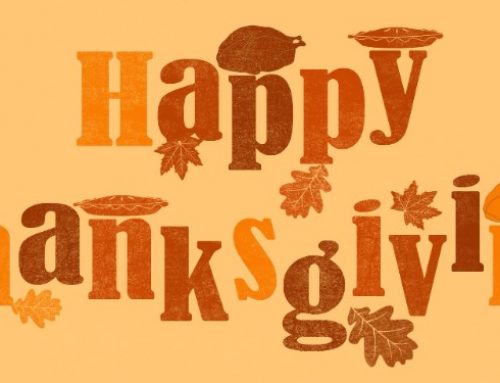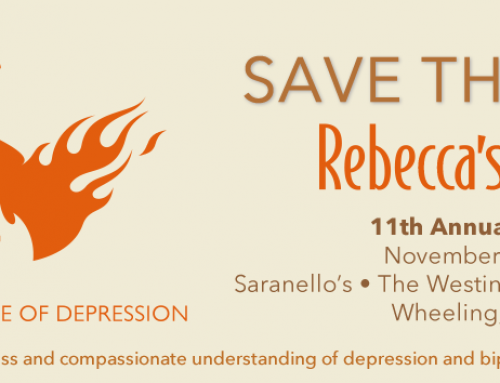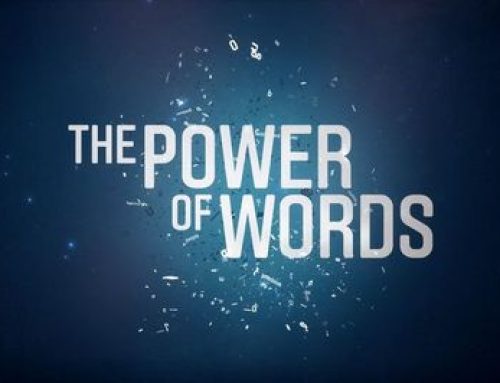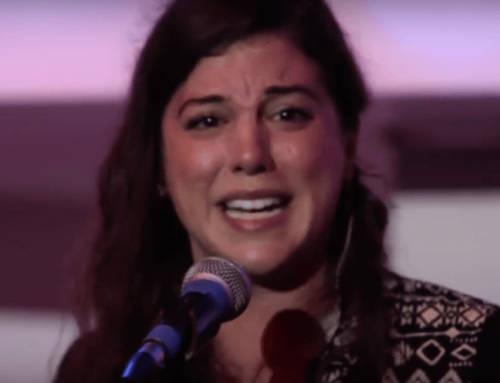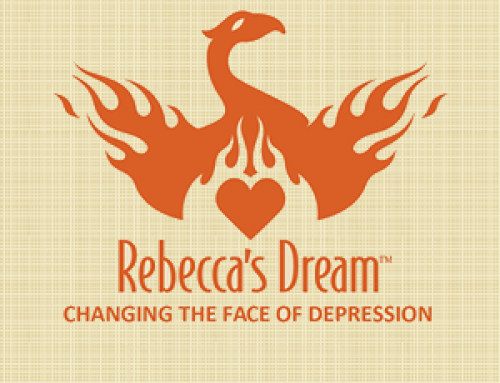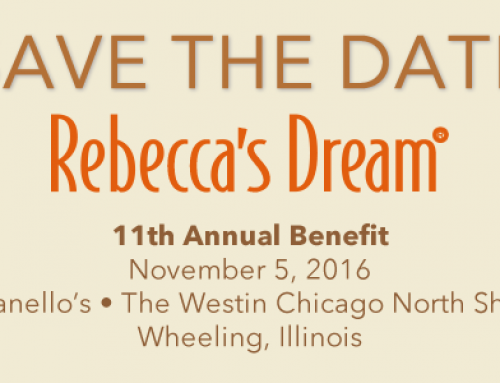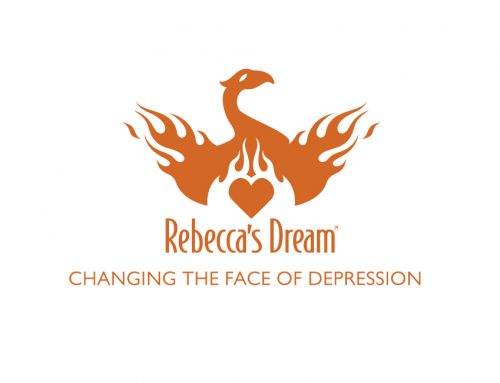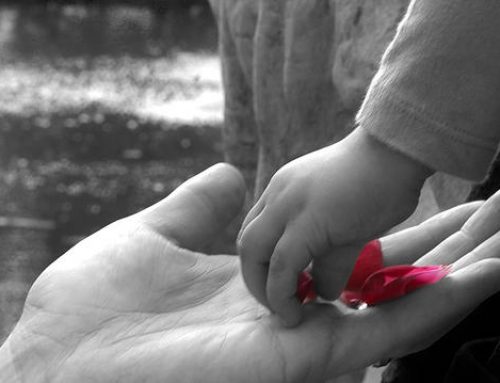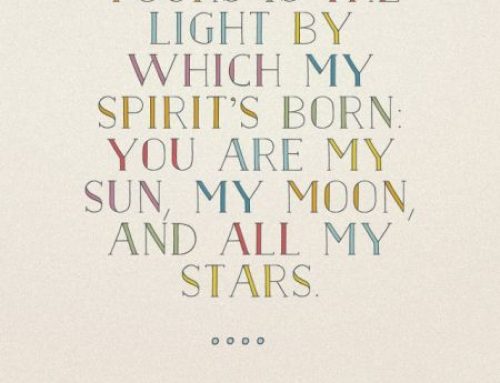“Unless someone like you cares a whole awful lot, nothing is going to get better. It’s not.”
Dr. Seuss from “The Lorax.”
Rebecca’s Dream invites you “to care a whole awful lot” on Saturday, February 23rd, 2019 at the Kenilworth Club for our 14th Annual Benefit and Auction.
Have Heart as you help CHANGE THE FACE OF DEPRESSION during an evening of dinner, dancing and candid conversation about mental health stigma.
Someone like you is needed to help Rebecca’s Dream continue encouraging individuals, families and those who love to them “get better.”
Please join with us to share love, compassion and understanding
while enjoying an evening of fun and heart.
Please care “a whole awful lot.”
UPCOMING EVENTS
“If you carry joy in your heart, you can heal any moment.”
-Carlos Santana
“IT’S ALL IN YOUR HEAD”
Author and illustrator Marlee F. Is a teen living successfully with depression. As Marlee struggled to understand her thoughts, feelings and moods she created “IT’S ALL IN YOUR HEAD.” Marlee’s passion became helping teens easily understand they are not alone during difficult mental health challenges ~ help she wishes she had during her early years of confusion and shame.
Mental disorders don’t discriminate.
One in five teens are affected by some form of disorder severe enough to impact their daily lives.
However, with professional help and self-care most teens feel better within 4-6 weeks.

Tips & Tools
Seasonal affective disorder (SAD) is a type of depression that’s caused by the changing seasons. Typically, symptoms begin to worsen around fall and peak during the winter months. Symptoms of SAD are similar to other forms of depression, including feelings of hopelessness, lack of concentration, social withdrawal, and fatigue.
Treatments for SAD include medication, talk therapy, exercise, and eating a healthy diet. Use mood-boosting recipes and meal ideas to help you fight off SAD.
Source: healthline.com


